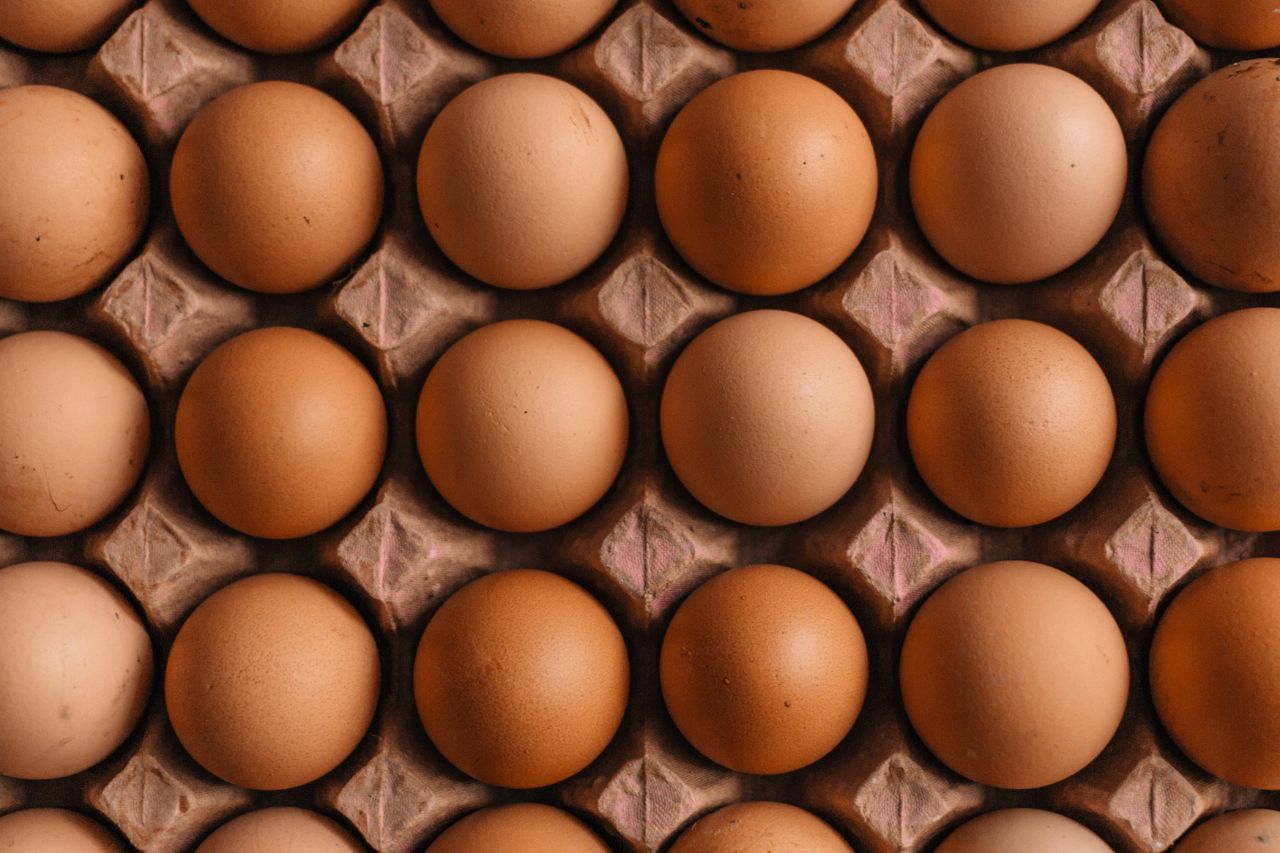
Can you eat eggs past the expiry date? Would you even want to? The life span of eggs has often confused Canadians — with the fear that one bad egg could lead to a scrambled stomach. Not to mention, with grocery prices at an all-time high, can we really afford to throw away good food? What if we told you an egg’s expiration date isn’t set on what’s labelled? We’ve cracked the case on this eggs-trodinary debate and uncovered the truth inside our favourite pop of protein: the egg.
Related: 10 Egg Recipes You Need to Try for Dinner

Sonia Wong
Shelf life of an egg
We’re big fans of eggs — boiled, fried, scrambled, you name it. Eggs are incredibly versatile and pair perfectly with some of our most favourite foods like tomago sandos and deviled eggs. Now, thanks to some detailed research, we can confidently answer your questions on all things egg.
How late can you eat eggs after expiration date?
According to food safety specialists, an egg can be kept up to 4-5 weeks past it’s point of packaging — on the condition that they are refrigerated at 45°F or below.
How do you know if eggs are still good after expiration date?
Undoubtedly, the go-to method for home cooks is the float test. To do this, place an egg in a glass of water — if it sinks, the egg passes and if it floats, it fails. The science states that the egg is semi-permeable, meaning air is able to enter through the shell. Over time moisture passes through the shell and makes the weight of the egg less than the volume of water. This means the egg is drying up and losing much of it’s freshness and nutritional value.

Is the egg float test accurate?
The float test can accurately tell you the density of the egg and potentially how old it might be, but isn’t a true indication of whether the egg is safe to eat or not. Factors like humidity, air temperature and storage effect the overall shelf life of an egg. Food scientists argue that mold and smell are best way to tell if an egg is past expiry. Mold can look like a grey powdery substance on the shell, and can live on the inside or outside of the egg. In terms of smell, when the sulfide bonds start to break down in the egg it turns into hydrogen sulfide — giving the egg a distinct (and unsettling) stink.
What can expired eggs be used for?
Expired eggs aren’t completely useless! Before tossing them in the bin, consider using them as compost for your garden. Though unsafe for us to consume, the remaining micronutrients and proteins in the eggshell can be great for fertilizing your garden (just be sure to crack it and empty the whites and yolk first). Simply sprinkle pieces of eggshell around the garden and voila!
Are eggs grown in Canada?
The majority of what you see in supermarkets in Canada are Canadian supplied eggs. There are more than 1,200 egg farms across Canada accounting for the production of over nine billion eggs a year.
